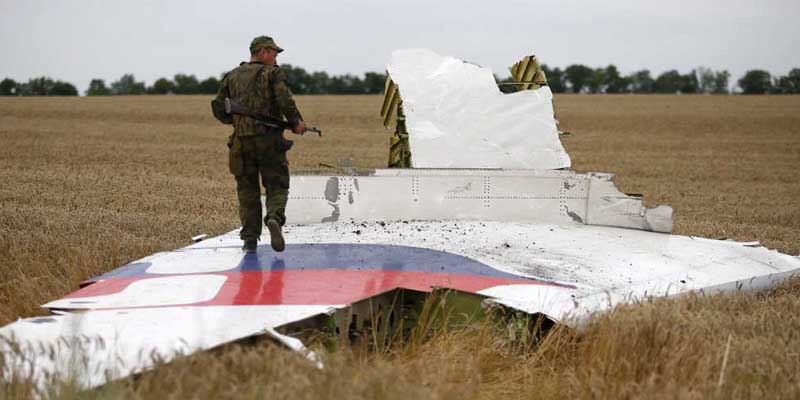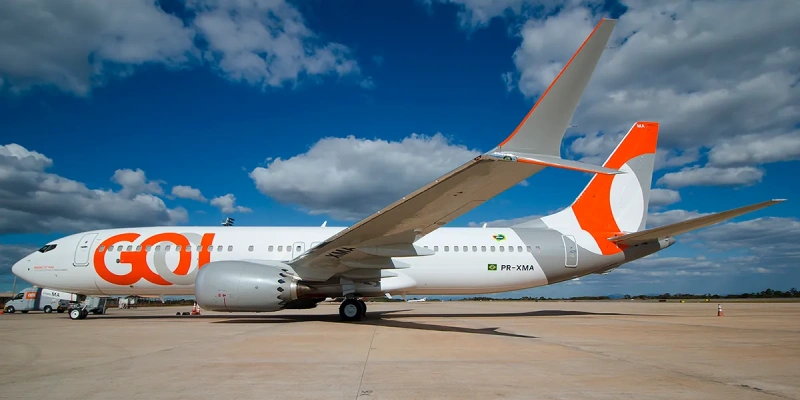Australia and the Netherlands said on Monday they had begun joint legal action against Russia at the United Nations’ aviation agency over the downing of Malaysia Airlines Flight MH17 eight years ago.
The Boeing 777 was flying from Amsterdam to Kuala Lumpur on July 17, 2014, when it was hit over rebel-held eastern Ukraine by what international investigators and prosecutors say was a Russian-made surface-to-air missile, killing all 298 on board.
→ Airbus and Air France will be tried for 2009 accident.
Australian Prime Minister Scott Morrison said Russia was responsible under international law and that taking the matter to the UN’s International Civil Aviation Organization would be a step forward in the fight for victims, including 38 Australians, Reuters reported.
The Dutch government said the UN Security Council had also been informed of the step.
“The death of 298 civilians, including 196 Dutch, cannot and should not remain without consequences. The current events in Ukraine underscore the vital importance of this,” Foreign Minister Wopke Hoekstra said in a statement.
→ Stowaway found alive in landing gear of a plane at Amsterdam airport.
The rare procedure comes under an article of ICAO’s Chicago Convention designed to protect civilian aircraft from weapons fire. It was added in 1984 following the shooting down of a South Korean airliner by Soviet fighters the previous year.
The UN move is separate to a Dutch murder trial for four suspects over their individual criminal responsibility.
Australia and the Netherlands said they would rely on evidence that MH17 was shot down by a Russian surface-to-air missile system transported from Russia under the control of Russian-backed separatists and returned to Russia after the downing.
Moscow, which describes its actions in Ukraine as a “special operation,” has always denied involvement in MH17 and has promoted a range of alternative theories, which international investigators have rejected as unsupported by evidence.
Related Topics
LATAM Resumes Flights Between Bogota and Caracas Starting February 23
LATAM Consolidates Rosario–São Paulo Route: Daily Service Starting in September
GOL Resumes São Paulo-Caracas Route Starting in March
LATAM Commits to AeroSHARK: “Sharkskin” Technology to Expand Across Entire Boeing 777 Fleet

Plataforma Informativa de Aviación Comercial con 13 años de trayectoria.




